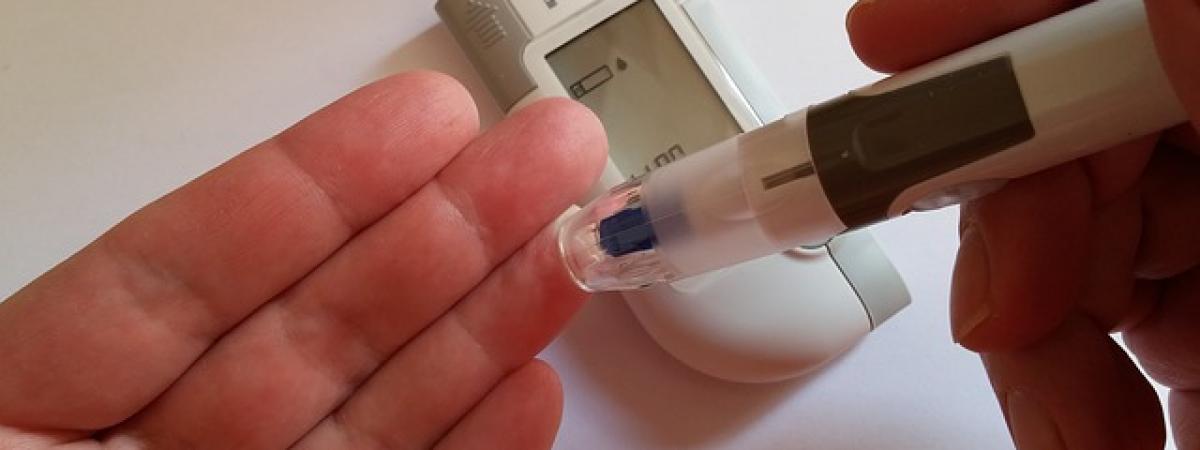All you need to know about insulin
published in Reader's Digest,
04 September 2016

Countless diabetics inevitably died before its discovery. Now known as the first true miracle drug, insulin injections have saved over 16 million lives. But why do some people need insulin and how does it work?
Life without insulin
In the early 20th century, diabetic children would appear dangerously thin, listless and pale, with sickly sweet breath and would eventually slip into a coma before their untimely death.
Having detected sugar in their urine (often by tasting it), doctors would prescribe spoonfuls of sugar as the cure, but this would only hasten their death as sugar levels soared; a diet which was a form of semi-starvation was also used to prolong life, though it didn't work for long.
These children were suffering from what is now known as type 1 diabetes. This means the body cannot make insulin, a deficiency perhaps caused by genetics or an immune response triggered by a virus. Type 2 diabetes is a very different disease, where the body has difficulty using insulin. It normally begins later in life, and can eventually lead to loss of insulin production.
Insulin is a hormone that unlocks cells, letting sugar in.
Insulin is a hormone that unlocks cells, letting sugar in, where it is either used as energy or stored as fuel. Without insulin, sugar remains in the blood and is passed through the kidneys in the urine. Diabetics make a lot of urine as the sugar draws water out of the body, leading to feelings of thirst. Weight loss and a lack of energy result when sugar cannot get into the body cells.
The discovery of insulin
Dr Frederick Banting and his medical student Charlie Best isolated insulin from the pancreas of dogs in 1921. This was a time when aspirin was becoming widely used – an important era for drug development. Before then, blood-letting and leech therapy were favoured treatments for most ailments.
Having injected the insulin into each other to ensure its safety, it was first tested on a diabetic 14-year old called Leonard Thompson and restored him to health.
No other drug in the history of medicine changed the lives of so many people, so suddenly. Banting was awarded the Nobel Prize for his work in 1923 and he insisted on sharing the prize money with Best.
No other drug in the history of medicine changed the lives of so many people, so suddenly.
Life with insulin injections
Many types of insulin exist, but they can be divided into those which act quickly and for a short time (good to be taken just before a meal), and those which act slowly and for a long time (taken at a set time once or twice a day to keep sugar levels stable). Your doctor may prescribe both a short- and long-acting insulin.
Whilst life-saving, injected insulin is unable to match your own body’s insulin for blood sugar control. When blood sugar is too low it can cause confusion and even coma, and sugar needs to be given by mouth or injection. Chronically-raised blood sugar levels can damage the eyes, kidneys, nerves and heart.
Pumps which constantly monitor your blood sugar and adjust the amount of insulin injected accordingly are available, and they may better control blood sugar levels; pancreas transplants are occasionally also available.
Scientists are also dreaming of an insulin pill for needle phobes, though it’s proving difficult to find as insulin is destroyed in the stomach. For now, insulin injections are indispensable.
